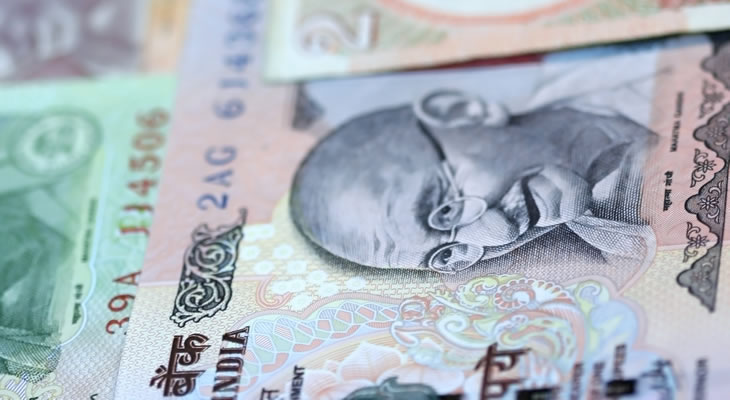The Pound Sterling to Indian Rupee (GBP/INR) exchange rate continued to fall as the session progressed as economists heightened their speculation that the Bank of England will refrain from raising interest rates as the UK economy slows.
Earlier the Pound Sterling to Indian Rupee (GBP/INR) exchange rate weakened close to a 1-month low on Tuesday as UK economic data weighed heavily on the Pound and as tumbling oil prices offered support to the Rupee.
Sterling weakened against the majority of its most traded peers after data released by Markit/CIPS showed that the UK services sector lost momentum in December as the dominant part of the economy grew at its slowest rate in 19 months.
According to the Purchasing Managers Index (PMI) compiled by Markit showed that activity slowed to 55.8 in December from the 58.6 figure seen in November. The figure is now at the lowest level seen since last May.
‘The latest PMI reading is still strong, merely down from unusually high levels earlier in the year and in line with the average seen in the years leading up to the financial crisis,’ said Markit’s chief economist Chris Williamson.
Despite the weaker-than-expected December reading, volumes of new business continued to rise with survey respondents reporting “favourable” market conditions.
Following the release of the data, the Pound fell against its most traded peers and gave up ground against emerging market and commodity based assets.
The data was disappointing but the main cause for the Pounds drop was traders increasing their bets that the Bank of England will choose to refrain from hiking interest rates anytime soon.
The Indian Rupee meanwhile made gains against the Pound and US Dollar due to a fresh round of selling of the buoyant US currency by Indian exporters.
A sustained inflow of foreign funds was also aiding the Rupee.
Also supporting the Indian Rupee was news that oil prices fell yet again to a new five and a half year low. Brent crude slipped to $51.45 and US crude slumped to $48.75 per barrel. The fall in prices aids Indian importers and could lead to a further shrinking of India’s trade balance deficit.

